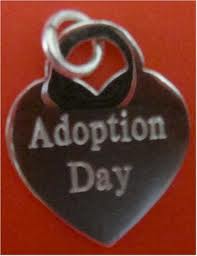Mediation is an alternative dispute resolution that is mandatory in a Florida divorce, paternity, or modification case, but many people do not see the process as the benefit it is. During mediation, the two parties will meet with a mediator who is an unbiased and uninterested person in the case. The mediator will try and help the parties resolve all disputes related to the family law case. If an agreement is reached, it is drafted and submitted to the Court for approval so the case can be closed. While the process is straightforward, there are still many myths related to the process. Your Jacksonville family attorney can assist you in understanding the mediation process. Below are the biggest myths about family law mediation in Florida, and the truth behind them.
The Mediator Will Make All the Decisions
This is simply untrue. Mediators do not make any of the decisions when they meet with parties going through a divorce, paternity, or modification case. They cannot force either party to do, or not do, anything. Instead, they are only there to help you and facilitate you and your spouse, ex-spouse, or co-parent to reach an agreement. If you cannot reach an agreement and your case requires litigation, it is the Judge that will make all the decisions. Your Jacksonville family attorney is here to assist you in mediation and to represent you in any litigation should you not reach agreement.
 Jacksonville Divorce Attorney Blog
Jacksonville Divorce Attorney Blog





